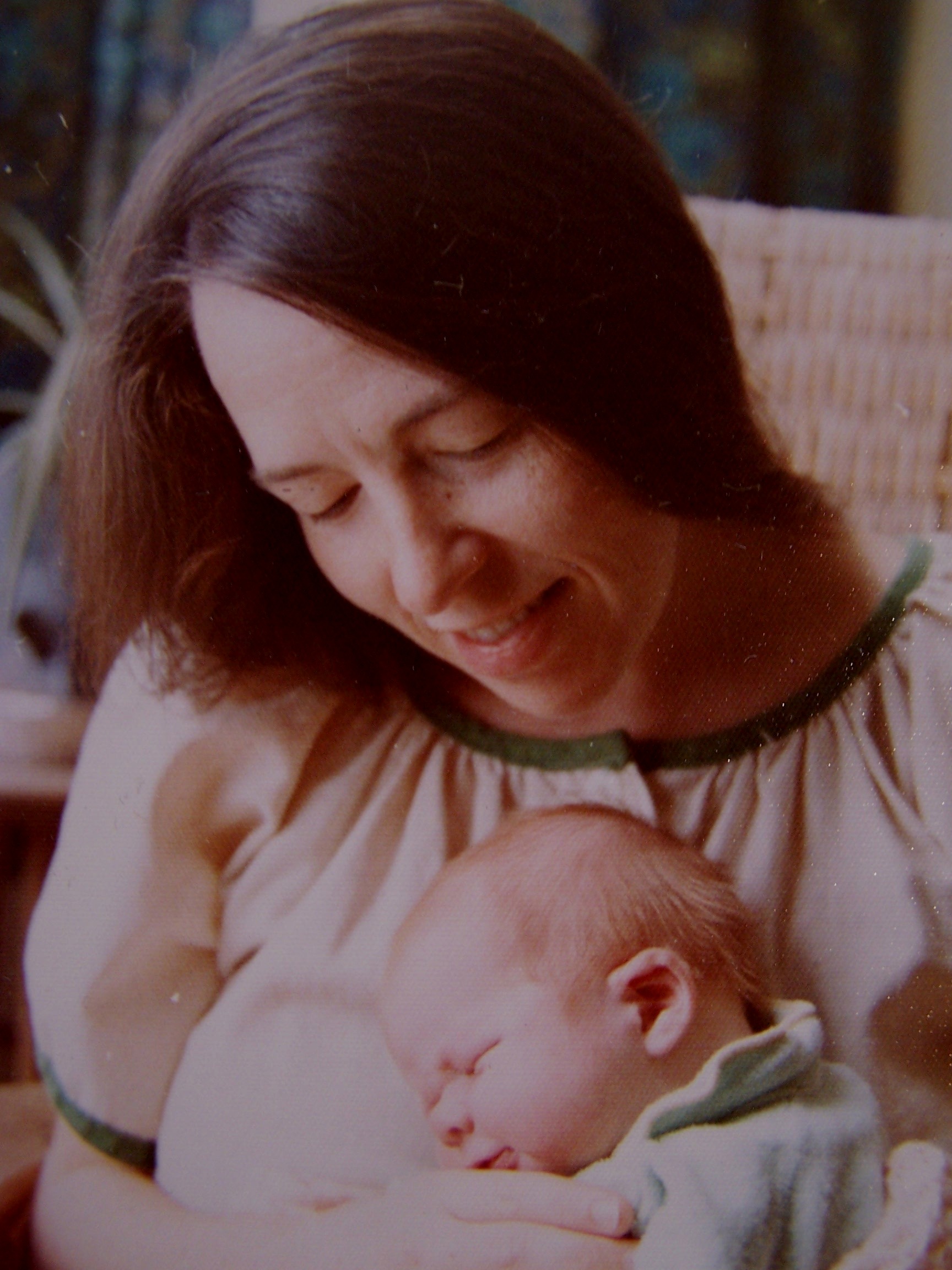Probably no division matters more in this election year than that between aristocrats who have not earned their wealth and the common folk who live by their own labor. History has a helpful perspective. After living for almost a decade in a sharing community, I spent some years researching what makes community hard to keep. One of my discoveries was Henry Banford Parkes, who wrote The American Experience. His look at the founding of the United States helped me in writing The Farm That Tried to Feed the World, a book about community. Note: the terms leavers and takers are from Daniel Quinn’s Ishmael. Leavers leave the flowers for others to enjoy. Takers grab all they can get and store them in banks.
Here is a section from my book:
Henry Bamford Parkes. The United States at its founding could be considered a new community meant to get back to the ideals of fairness and equality. If you live in the United States, you may find this next section as surprising as I did. If you live in another country, you will perhaps see why we Americans are so at odds with our government. It isn’t ours. Parkes’ book, The American Experience: An Interpretation of the History and Civilization of the American People, shows the United States in infancy when everything good seemed possible. The distinction he makes between the early agrarian democrats and the aristocrats falls into the leavers/takers or partnership/patriarchy divide. What is instructive about reading this fascinating and sad account of our nation’s birth is that, as Parkes shows, we lost the new nation almost from the start. Here are some of his statements:
Respect for the freedom of each individual and confidence that he would use his freedom wisely and constructively became the formative principles of the new American nationality…. (page 9)
The conflict between the aristocratic principle and the rising spirit of democracy may be considered as the main theme in the early political history of the Americans…. The methods by which America had been settled and the freedom and fluidity of American life made it obvious that the state… should be regarded as an instrument for the service of its citizens…. (page 57)
Parkes is talking about people who are in remarkably good condition of body and mind. “The proportion of the population, especially in New England, who could be considered literate, and who had some knowledge of the classics and of the more important contemporary European writers, was probably larger than in any other country. Jefferson once remarked that the modern wagon wheel, with the circumference made from a single piece of wood, had been invented by a New Jersey farmer who had found it described in Homer.” (page 59) My father was such a man. He had studied Latin and the classics in the little school on Oak Hill. He sang opera to the chickens, exhorting them as Faust to Margarita to always remain chaste and pure, though we can chuckle, since the last thing Dad needed was a chaste hen.
In a chapter called “The Revolution” Parkes notes that, “Living in an agrarian economy of small property owners, the average American of that epoch had acquired a habit of acting independently and a hostility to coercion and regimentation that made any kind of authoritarian regime impossible.” (pages 100-101)
Hmm. Where are those guys today?
But there were those who came to America hoping for the kind of control over the masses they had had in Europe. Americans worried them. “A new type of man was achieving power in America; and for lovers of the old regime it meant the end of civilization.” (page 102) Yup. The end of unfair civilization, right? I suppose if you were used to leisure, you would think you could not survive without servants and laborers. It is a stretch for most of us, but we can imagine a life where work is unthinkable—for oneself. Here, from the chapter called “The Constitution,” is the crux of the matter:
The difference between the property that had originated in the mixing of human labor with the wilderness and the property that had been acquired by means of a contract…is the clue to much of the political controversy of eighteenth- and nineteenth-century America.
The moneyed classes whose property was derived from contracts were a small minority of the total population, and they believed that their rights would be endangered by any democratic system of government based on outright majority rule. Their chief political objective, as Madison expressed it in 1787, was therefore “to protect the minority of the opulent against the majority.” (pages 112-114)
Parkes speaks of “those classes, comprising the vast majority of the population, who had acquired property not through contracts but by labor—in other words, of the farmers, the mechanics, and those planters who were interested solely in agriculture and not also in land speculation, whose purpose was to perpetuate those features of colonial society which had made America so markedly different from Europe…. (page 114) The agrarians’ “primary objectives were to maintain a genuine equality of economic opportunity and to make it impossible for men to acquire wealth by any methods except their own industry and talent.” (page 116) Don’t be thinking that by mechanics Parkes means auto-mechanics. They hadn’t come along yet. Webster’s Dictionary defines mechanic as “of or relating to manual work or skill.” Parkes goes on:
The struggle between agrarian and capitalistic principles lasted through the nineteenth century. Yet it can be argued that the decisive engagement occurred at the very outset, and that the agrarians were defeated when they had scarcely begun to fight. For the American Constitution, drafted by the Philadelphia Convention of 1987, was based on aristocratic and capitalistic principles. The importance of this convention in determining the future development of America can scarcely be overestimated. By accepting the Constitution, the people of the United States were virtually deciding that they should not remain a nation of small property owners, but that they should become a capitalistic people, possessed of the greatest wealth and power and of a high standard of living, but divided by the most extreme economic inequalities. (page 121)
For more about capitalism today, see Michael Moore’s film, “Capitalism: A Love Story.”
In addition to this theft of the new nation, there were the cultural assumptions which even the agrarians had brought with them. None of the people who adopted the Constitution were women. As Oren Lyons said, the founders “left out the women’s counsel.” We have forefathers but no foremothers. Jefferson, Franklin, even John Adams, had been so thoroughly imbued with, or head-copped by, European patriarchy that they could not see women—or blacks or poor white men—participating in government as equals with privileged white men. They took their privileged status as God-given. Yet they wanted with all their hearts to get away from European hierarchies. It was a blindness that would cost them the vision of freedom for which they had fought the Revolution.
As noted earlier, the people of the Six Nations had learned not to use hierarchy. It was a key point. But men like Hamilton could not give up the power of a social structure where a leisured class was in charge while others worked without hope of advancement. So, dang. They wrote hierarchy in into the Constitution by making contracts legally binding, which had the effect of making corporations into persons with all the rights and none of the responsibilities of persons. That is why the Supreme Court cannot stop the corporations. No matter how destructive their activities, those activities are Constitutional.










